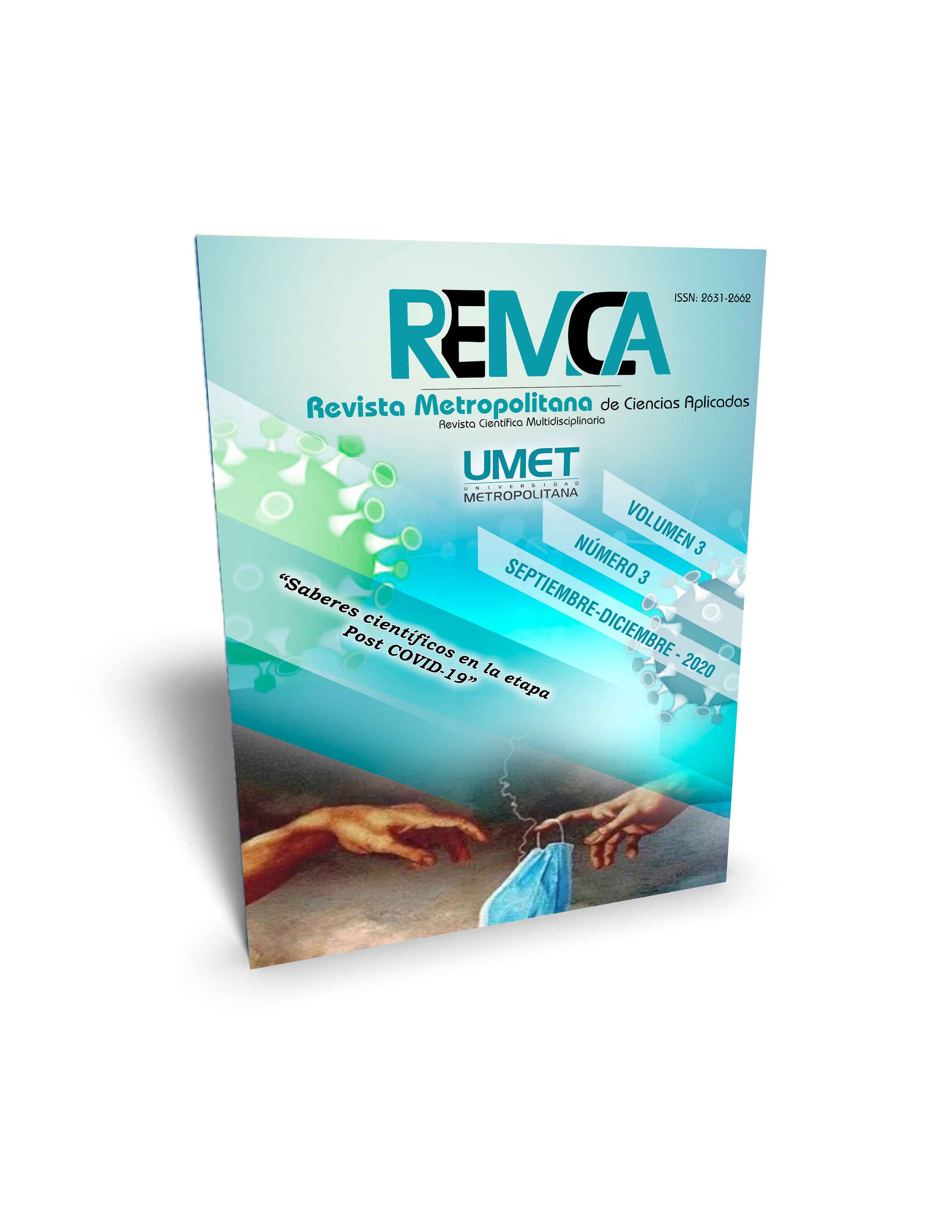The entities of the municipal government in the educational activity of the basic secondary: bases for a project
DOI:
https://doi.org/10.62452/x2p14h51Keywords:
Educational process, Basic Secondary, intersectorality, educational projectAbstract
Beyond considering the educational process as a professional activity of a systematized and grounded nature carried out by the school, the fundamental characteristic of Cuban Pedagogy in relation to this subject is found in the interrelation between the main actors who participate in it, especially those whose influences can become an opportunity to expand and enrich the possibilities of carrying out educational projects and strategies. This paper presents the reflections and proposals that emerge as responses to the claims of the municipal government and the Directorate of Education in the municipality of Cienfuegos, by calling on entities and socio-productive companies and services in the territory to collaborate with the education of adolescents and contribute with this, to confirm the commitment to make education the battle trench for the continuity of the principles of education as a social responsibility. The work includes the methodological procedure with a strategic approach that was prepared by the municipal Communal entity of Cienfuegos, based on a study of the potential that they have to promote and stimulate the comprehensive education of adolescents who are trained in the Basic Secondary School.
Downloads
References
Alfonso Moreira, Y. (2012). La participación de la familia y la comunidad en el proceso de enseñanza- aprendizaje en la escuela primaria. (Tesis Doctoral). Universidad de Ciencias Pedagógicas “Conrado Benítez García”.
Alfonso Moreira, Y., & López Rodríguez del Rey, M. M. (2011). Articular la participación de la familia y la comunidad en el proceso de enseñanza-aprendizaje en la escuela primaria en Cuba. Odiseo Revista Electrónica de Pedagogía, 9 (17).
Cortón Romero, B. (2008). Estrategia de intervención pedagógica para potenciar la función cultural de la escuela en la comunidad. (Tesis doctoral). Instituto Superior Pedagógico “Frank País García”.
Da Silva, D. (2017). La participación de la comunidad en la actividad educativa en la escuela Secundaria Básica. (Trabajo de Diploma). Universidad de Cienfuegos.
Díaz Vera, E., López Rodríguez del Rey, M. & Bermúdez Monteagudo, B. (2015). La capacitación profesional de las promotoras del Programa Educa a tu hijo. Revista Universidad y Sociedad, 7(3).
Hernández Ortiz, M. (2001). Proyecto educativo con enfoque integrador para el vínculo escuela, familia y comunidad. (Tesis doctoral). Centro de Estudios de Ciencias de la Educación “Enrique José Varona”.
Núñez González, M. R. (2012). Identidad de la escuela primaria rural como centro cultural de la comunidad. Contribución a las Ciencias Sociales.
Núñez González, M.R. (2016). La actividad pedagógica de los instructores de arte y los promotores culturales en la escuela primaria rural. (Tesis doctoral). Universidad de Cienfuegos “Carlos Rafael Rodríguez”.
Peña De Arnaiz, N. (2007). La integración escuela, familia y comunidad puede ser una realidad. Estado de Nueva Esparta. Venezuela. (Ponencia). Evento Pedagogía 2007. La Habana, Cuba.
Sánchez Cabezas, P., López Rodríguez del Rey, M., & González. M. (2016). La orientación educativa en Ecuador: apuntes para la práctica. (Ponencia). IV Congreso Internacional de Psicología. Babahoyo, Ecuador.
Downloads
Published
Issue
Section
License
Copyright (c) 2020 Daylín Moya Ríos, Leticia del Carmen Torres Zerquera, María Magdalena López Rodríguez del Rey (Autor/a)

This work is licensed under a Creative Commons Attribution-NonCommercial-ShareAlike 4.0 International License.
Authors who publish in Revista Metropolitana de Ciencias Aplicadas (REMCA), agree to the following terms:
1. Copyright
Authors retain unrestricted copyright to their work. Authors grant the journal the right of first publication. To this end, they assign the journal non-exclusive exploitation rights (reproduction, distribution, public communication, and transformation). Authors may enter into additional agreements for the non-exclusive distribution of the version of the work published in the journal, provided that acknowledgment of its initial publication in this journal is given.
© The authors.
2. License
The articles are published in the journal under the Creative Commons Attribution-NonCommercial-ShareAlike 4.0 International License (CC BY-NC-SA 4.0). The terms can be found at: https://creativecommons.org/licenses/by-nc-sa/4.0/deed.en
This license allows:
- Sharing: Copying and redistributing the material in any medium or format.
- Adapting: Remixing, transforming, and building upon the material.
Under the following terms:
- Attribution: You must give appropriate credit, provide a link to the license, and indicate if any changes were made. You may do this in any reasonable manner, but not in any way that suggests the licensor endorses or sponsors your use.
- NonCommercial: You may not use the material for commercial purposes.
- ShareAlike: If you remix, transform, or build upon the material, you must distribute your creation under the same license as the original work.
There are no additional restrictions. You may not apply legal terms or technological measures that legally restrict others from doing anything the license permits.




